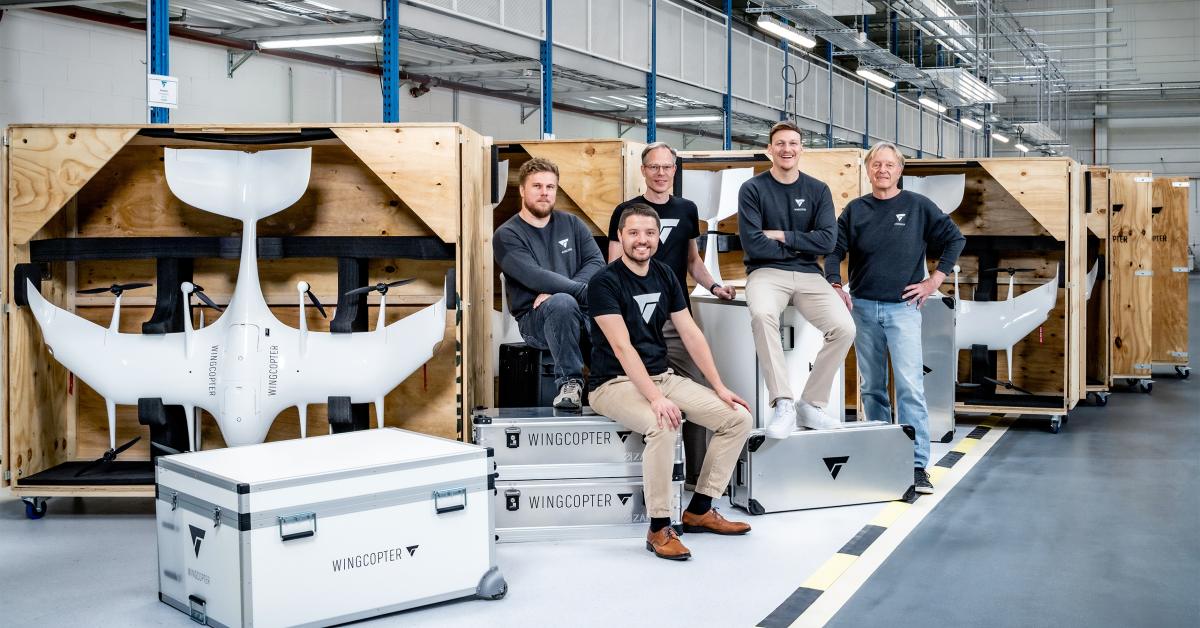European Commission (EC), on Thursday, August 1, announced that the European Artificial Intelligence Act (AI Act) has entered into force.
According to the EC, the Act aims to foster responsible artificial intelligence development and deployment in the EU.
The Act provides both developers and deployers with clear requirements and obligations regarding specific uses of AI while reducing administrative and financial burdens for businesses.
Proposed by the Commission in April 2021 and agreed by the European Parliament and the Council in December 2023, the AI Act addresses potential risks to citizens’ health, safety, and fundamental rights.
AI Act: Uniform framework across EU countries
The AI Act introduces a uniform framework across all EU countries, based on a forward-looking depiction of AI and a risk-based approach:
- Minimal risk: most AI systems such as spam filters and AI-enabled video games face no obligation under the AI Act, but companies can voluntarily adopt additional codes of conduct.
- Specific transparency risk: systems like chatbots must inform users that they are interacting with a machine, while certain AI-generated content must be labeled as such.
- High risk: high-risk AI systems such as AI-based medical software or AI systems used for recruitment must comply with strict requirements, including risk-mitigation systems, high-quality data sets, clear user information, human oversight, etc.
- Unacceptable risk: for example, AI systems that allow “social scoring” by governments or companies are considered a clear threat to people’s fundamental rights and are therefore banned.
Focuses on human rights and fundamental values
The EU aims to lead in safe AI development through a strong regulatory framework based on human rights and fundamental values.
It means better healthcare, safer and cleaner transport, and improved public services for citizens.
It also brings innovative products and services, particularly in energy, security, and healthcare, as well as higher productivity and more efficient manufacturing for businesses.
Governments can benefit from cheaper and more sustainable services such as transport, energy, and waste management.
Additionally, a consultation on a Code of Practice for providers of general-purpose Artificial Intelligence (GPAI) models has been launched.
The Code will address transparency, copyright rules, and risk management.
The provisions on GPAI will take effect in 12 months, and the Code is expected to be finalised by April 2025.
GPAI providers with operations in the EU, businesses, civil society representatives, rights holders, and academic experts are invited to submit their views and findings, which will feed into the Commission’s upcoming draft of the Code of Practice on GPAI models.
In addition, the feedback from the consultation will also inform the work of the AI Office, which will supervise the implementation and enforcement of the AI Act rules on GPAI.










01
From Mexico City to Rotterdam: How the Dutch Startup Visa launched Estefania Hernandez’s HR tech revolution